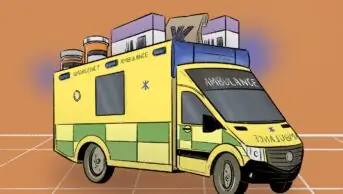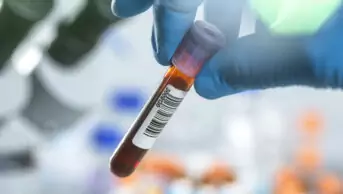
Shutterstock.com
Pharmacists with additional clinical skills training can take clinical responsibility for patients in hospital emergency departments, according to research published in the International Journal of Clinical Pharmacy
(16 March 2019).
The aim of the study was to describe, compare and define the role of UK pharmacists who had completed additional clinical skills training to become emergency department pharmacist practitioners (EDPPs).
EDPPs generally combine traditional pharmaceutical activities with more hands-on clinical practice and are employed by hospitals to help deliver services alongside doctors and nurses.
To gather the information, 20 EDPPs from 15 NHS hospitals across the UK were ask to record their work over ten days.
Data was collected for 682 patients, with EDPPs each reporting care they provided to a median of 29 patients. Of the 682 patients, 4.1% were of immediate need and 33.9% were either of very urgent or urgent need.
The majority of medical complaints addressed by the pharmacists were cardiac-related and the majority of infections were respiratory.
Specific activities to inform patient diagnosis carried out by the EDPPs included clinical examinations (38.7%) and reviewing test results (39.6%). During the ten days, the EDPPs prescribed a total of 603 medicines to 266 patients and performed procedures for 63 patients.
Some 11 of the EDPPs were ‘designated care providers’ and had overall clinical responsibility for 262 patients.
The EDPPs were involved in examining over a third of all patients and carried out many tests and procedures traditionally performed by doctors. They were also observed performing diagnoses for 238 of the 682 patients, 33.2% of which were independent diagnoses and 44.5% of which were reviewed by another healthcare professional.
The researchers said that EDPPs could be a “versatile” solution to both staff shortages and a lack of pharmacy input.
“EDPPs who work as a designated care provider can fill gaps in doctor and nurse practitioner rotas, something that can only be welcomed given ongoing staff shortages … they can also provide pharmaceutical care that is lacking in some [emergency departments].”


